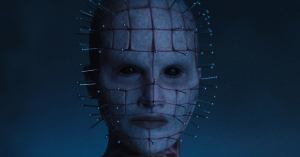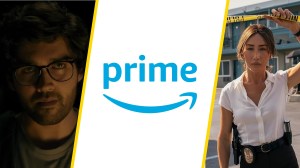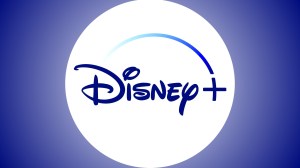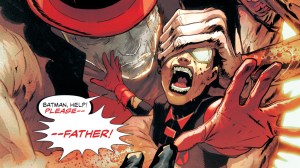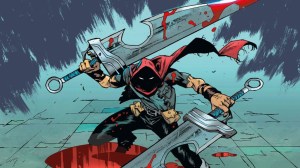The 2000s were a transitional time for horror. Slashers were the name of the game in the ‘80s, and meta horror began to reign supreme after Wes Craven’s Scream changed the landscape in the ‘90s. As horror found its footing during the first decade of the new millennium, a gritty, brutal, and raw new style of filmmaking emerged. The trend has since been collectively dubbed “torture porn,” and one of the pioneering efforts in this subgenre is James Wan’s Saw. Despite the film’s status as a trailblazing effort that defined a decade, critics weren’t particularly kind to the film. In fact, it isn’t even fresh on Rotten Tomatoes.
Videos by ComicBook.com
Believe it or not, Wan’s breakout hit sits at a lackluster Rotten Tomatoes critical approval rating of just 50%. Bear in mind that an abysmal score isn’t an indication of the film’s quality or staying power – not by a long shot. Here’s why: the flick released in 2004, a time when the Internet was still in its infancy and film criticism was far less accessible, with fewer proverbial cooks in the kitchen. Many critics of the time seemingly looked down on horror and almost appeared to go out of their way to find fault with genre fare.
Saw Is A Trailblazer That’s Better Than Its Critical Consensus
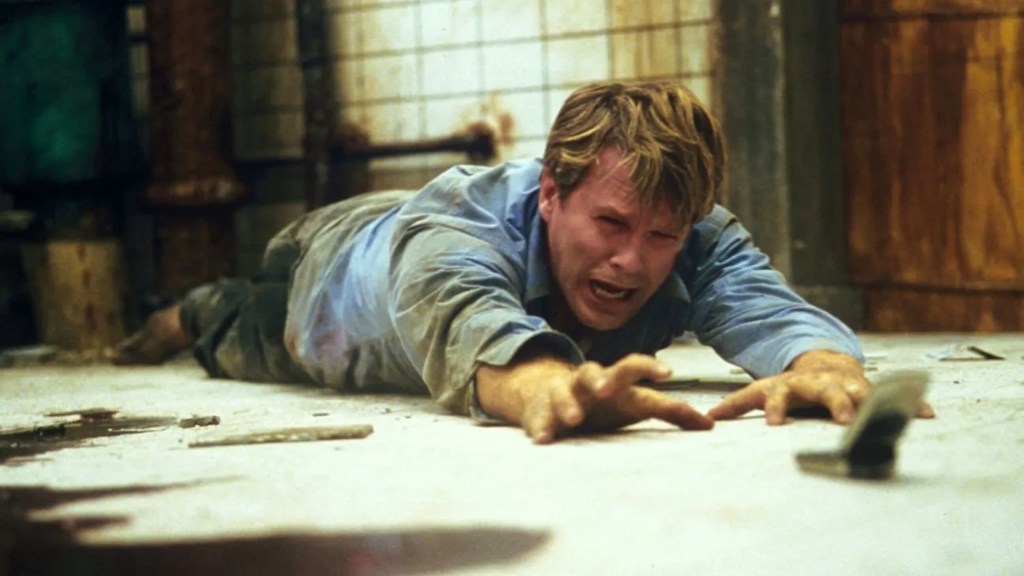
Critics who didn’t give the film a fair chance missed out on a harrowing effort that makes the most of a relatively low budget and an incredibly grounded premise. This stripped-back feature follows Dr. Lawrence Gordon (Cary Elwes) and Adam Stanheight (Leigh Whannell) as they wake up chained to their surroundings in a grimy bathroom. The pair ultimately realizes that they have been abducted by the Jigsaw Killer (Tobin Bell), an unpleasant fellow keen to engage them in a series of sadistic challenges in exchange for the chance to escape confinement … at a cost.
The film is plenty entertaining on the surface, offering up a series of twists and turns alongside thrills and chills at regular intervals. Anyone who has seen the picture likely remembers just how unexpected and impressive the final revelation is. However, Saw also deserves a certain amount of credit for exploring heavy themes like the sense of complacency many of us feel regarding our own existence. We sometimes get so bogged down by the day-to-day that we forget what a gift life really is. Establishing a heavy baseline like that makes the Jigsaw Killer stand out as an antagonist with something to say.
Some may have lost sight of the film’s compelling message thanks to the onscreen depictions of viscera. The violence within is surely unflinching at times. However, it’s still more restrained than some would have you believe. Saw helped pave the way for the torture porn movement, but it’s often inaccurately labeled as just as gory as its successors. The glut of sequels that followed and the similarly themed efforts that came in its wake (the Hostel films are one memorable example) come by their reputation honestly. But Saw walks a more delicate balance. It’s a horrifying film, dealing in jarring subject matter, yet Wan’s depictions of gore aren’t nearly as gratuitous as some seem to remember.
If you’ve avoided this trailblazing effort based on the reputation of the franchise at large, you may want to give the original series installment a shot. In addition to its status as being highly influential, Saw also features a killer twist and profound commentary on the human condition. It’s definitely plenty graphic here and there, but Wan often tricks us into thinking we’re seeing more than we really are.
Critics were hard on the film when it was released in 2004, resulting in a lackluster Rotten Tomatoes score. Yet, Saw has stood the test of time. It remains one of the defining horror films of the decade in which it was released and stands as one of the most influential genre pictures of the millennium.
That’s enough from us. What do you think about Saw? Do you side with the critical consensus, or do you see the film as a trailblazing effort that deserves a critical reevaluation? Make sure to drop down to the comments section below and let us know.


